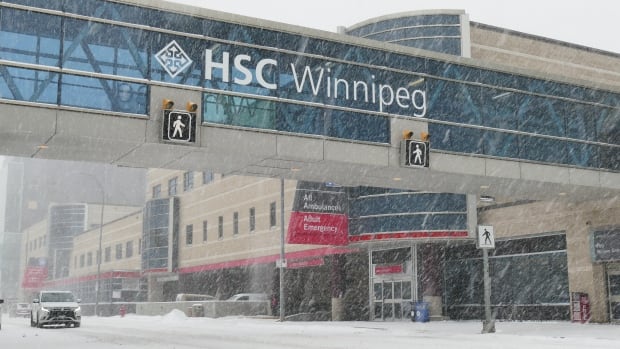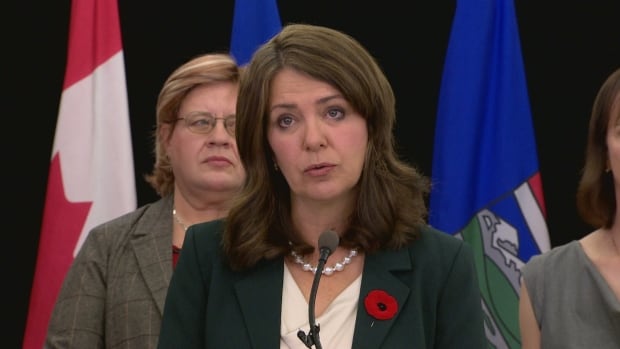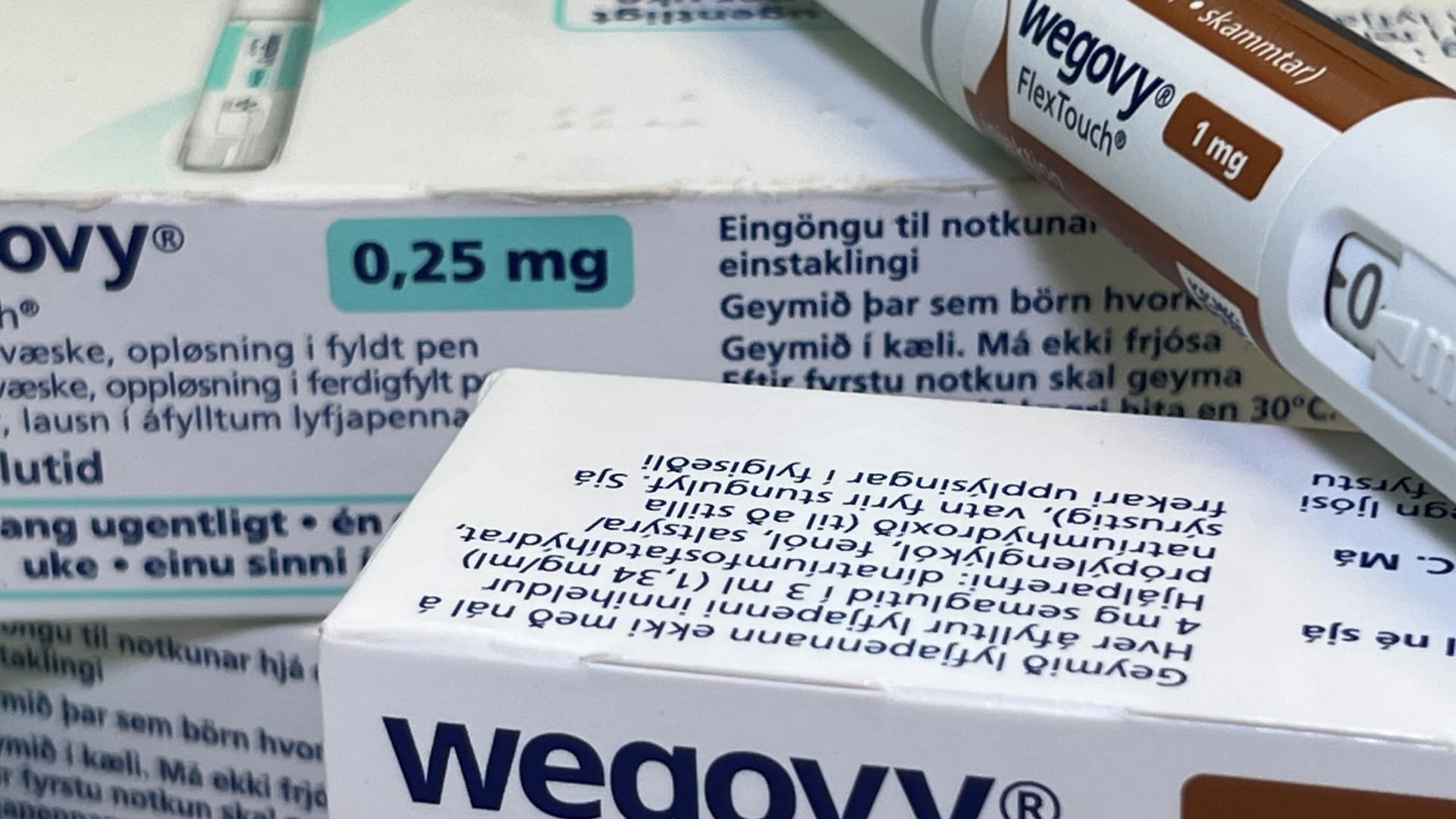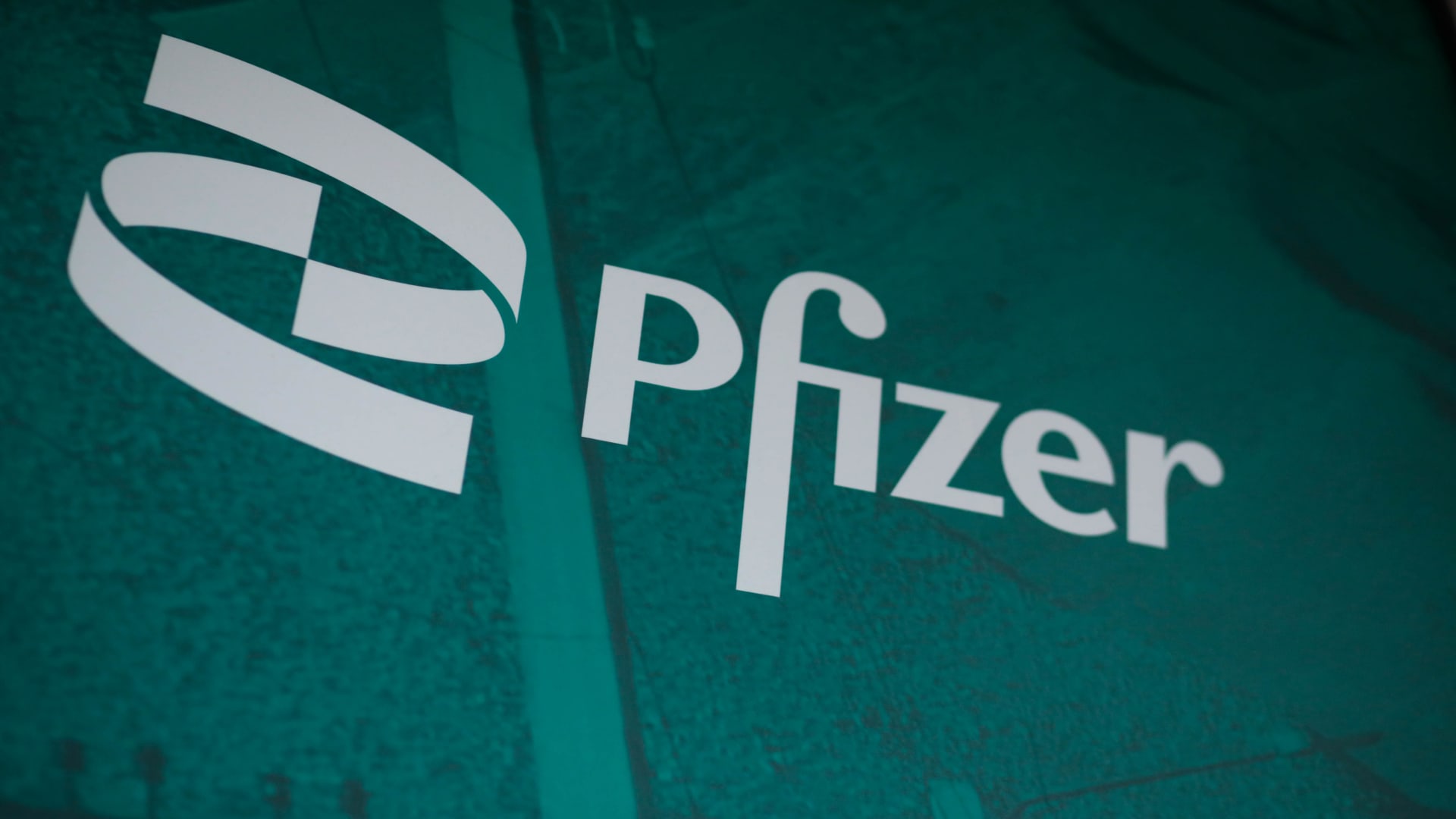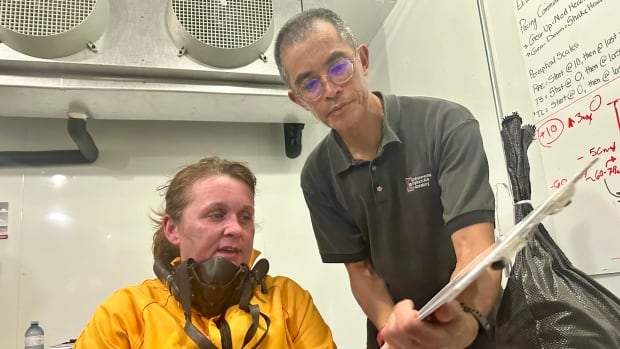The head of the Manitoba Nurses Union isn’t surprised that another front-line health worker is deeply concerned about escalating violence in their workplace.
A letter written by a veteran nurse that was sent to Premier Wab Kinew, Health Minister Uzoma Asagwara and more alleges recent incidents of “unsafe and unacceptable conditions” for nurses. The letter made its way into the Manitoba Legislature on Friday.
The unnamed nurse, who has worked in the medicine unit at Health Sciences Centre in Winnipeg for more than 34 years, said there are multiple issues nurses face on a daily basis, including “escalating violence in emergency rooms to inadequate security measures and unsafe staff levels that leave both staff and patients vulnerable.”
The nurse says their family fears for their safety.
“This is a public health crisis. A health-care system that cannot guarantee the safety of providers cannot ensure the safety of its patients. The current lack of action on this issue is not only unacceptable — it is unethical,” the letter reads.
They noted a crowbar, screw drivers and a heavy chain with a lock on it have been found on their unit alone, and that doesn’t include the verbal abuse staff receive, the nurse claims.
Darlene Jackson, president of the Manitoba Nurses Union, told CBC News on Sunday that she’s hearing more of these types of incidents and complaints from nurses throughout the province.
“We’re seeing more and more weapons and we’re hearing from more and more nurses who are talking about the unsafe situations in their workplaces and feeling unsafe,” Jackson said.
An AI weapon detection system was temporarily installed at the entrance to facilities of the Health Sciences Centre in July as part of a pilot project.
Jackson said she spoke with nurses who felt safer around patients and visitors when the detectors were up, and her understanding is they will be coming back.
“I have been led to believe that weapons detectors are now going to be installed permanently in [the Children’s Hospital of Winnipeg, outside the main emergency door entrance] and the Crisis Response Centre. I don’t believe they’re there yet, but I think it’s a start,” she said.
“But I think we’re going to need to see those weapons detectors at almost every door or entrance and at every [health] facility.”

Jackson isn’t concerned about negative perceptions surrounding the detectors and whether they might make patients feel less welcome.
“I think that it may feel like Big Brother’s watching … however, there is a responsibility to ensure that everyone in our health-care facilities is safe. And if there is a patient there or a visitor or a family member who comes in with a weapon and then escalates, no one is safe,” she said.
Jackson adds that an expansion of institutional safety officers and top-end security cameras would also help.
During question period at the Manitoba Legislature on Friday, Kinew touted his NDP government’s addition of more than 100 institutional safety officers since assuming office in October 2023.
The premier also said the province is listening to nurses.
“Absolutely we know that you have a right to go to work safely and to return home safely at the end of your shift. The same holds true for patients,” Kinew said.
A Shared Health spokesperson said in an email that the unit referred to in the letter has a security guard at the entrance 12 hours a day, and security buzzes visitors into the area at other times.
The health authority, which is responsible for the operation of Health Sciences Centre, is working toward permanently installing weapon detection scanners, and an additional 21 institutional safety officer positions were posted last month, the email said.
Nurse fears for colleagues
The nurse who penned the letter says they plan to leave nursing next year, doing so “with a heavy heart” since work conditions are worse — not better.
“I leave my team feeling exhausted. I fear for them all. I have years more to give, but I will walk away soon for my mental and physical health,” the letter says.
With nurses in such demand throughout the country, continued violence in provincial health-care facilities and toward staff makes it challenging for the nursing profession to be pitched as a great career for prospective nursing students, Jackson said.
“People have said, ‘you don’t make nursing sound very good.’ But the bottom line is if we don’t and if nurses don’t step up and say this is not a safe facility … then issues never get dealt with,” she said. “So it is a double-edged sword because we desperately need nurses. We desperately need allied health workers, we need support workers, we need everyone in health care.
“But if we don’t step up and insist that change be made, then we’ll never retain them when they come.”
